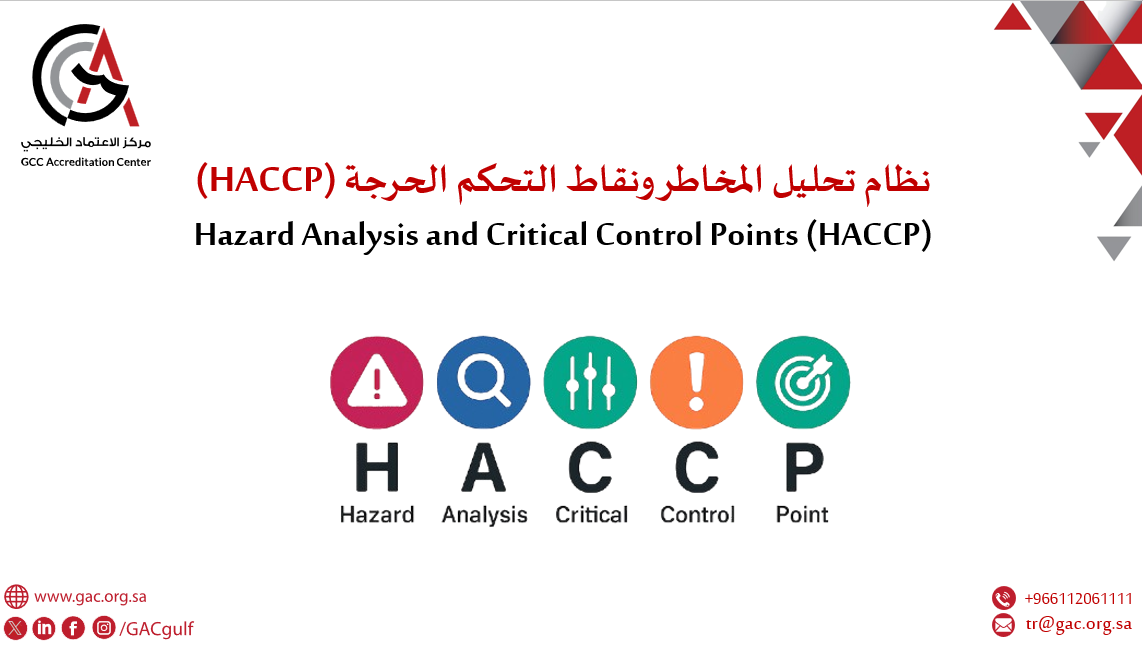
Description
The HACCP (Hazard Analysis and Critical Control Points) system is a preventive approach designed to minimize or eliminate foodborne illnesses by identifying, evaluating, and controlling potential hazards that threaten food safety at every stage of food production and handling.
This system is applied across all types of food-related facilities, including factories, central kitchens, water bottling plants, and restaurants. It offers a structured, scientific method to ensure food safety and enhance consumer confidence.
By focusing on critical control points, HACCP helps prevent risks before they occur, contributing to increased trust in food safety and reducing economic costs for consumers, businesses, and governments alike.
HACCP can be implemented in all types of food establishments, regardless of their size:
Small: such as restaurants and school canteens.
Medium: like hospital and prison food service departments.
Large: including food manufacturing plants and major food production companies.
Outline
Program Objectives:
Understand the fundamentals of the HACCP system and its importance in ensuring food safety.
Identify types of food hazards (biological, chemical, and physical).
Acquire the necessary skills to implement HACCP in various food establishments.
Determine Critical Control Points (CCPs) and how to monitor them effectively.
Develop effective HACCP plans tailored to specific operational needs.
Promote a preventive safety culture among food sector workers.
Prepare for obtaining recognized certifications and accreditations in food safety.
Program Content:
Introduction to Food Safety
Overview of HACCP and Its Objectives
Types of Food Hazards
The Seven Principles of HACCP
Steps for HACCP Implementation
Practical Examples and Case Studies
Regulatory Bodies and Relevant Legislation
Audience
Dietitians and nutrition specialists working in hospitals and healthcare facilities.
Food service and catering professionals in institutional settings (e.g., schools, military, or corporate dining).
Food safety officers and quality control personnel in food establishments and supply centers.
University students majoring in nutrition, public health, food science, or related fields.
Supervisors and managers in food production, catering, and central kitchens.
Anyone involved in food preparation or handling seeking to enhance their knowledge of food safety practices.
